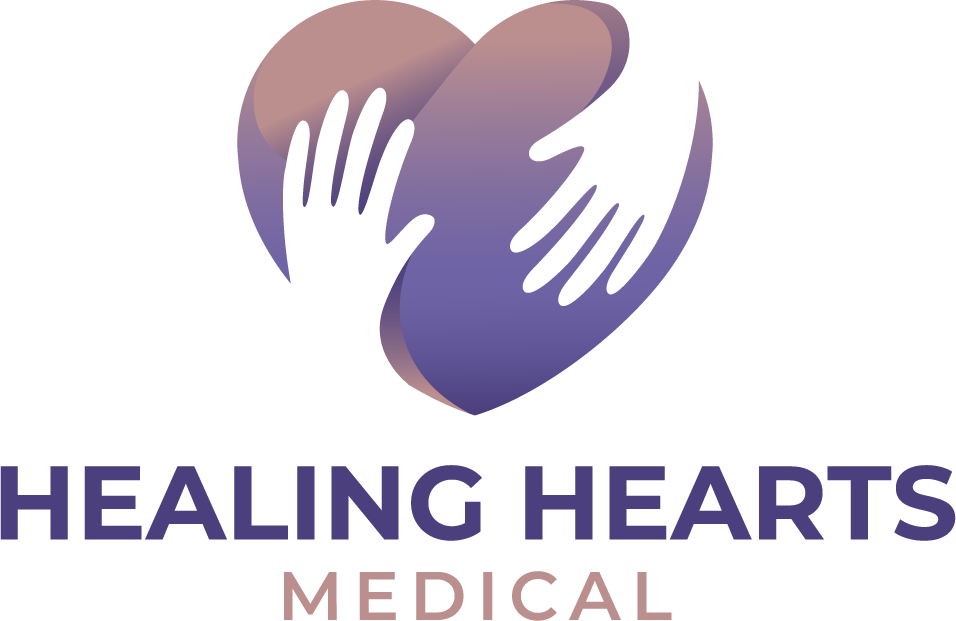Diabetes is a chronic condition that affects millions of people worldwide. Managing diabetes effectively requires ongoing care, monitoring, and lifestyle adjustments. For many individuals, especially those with complex cases, skilled nursing services can make a significant difference in maintaining control over their health. In this blog, we will explore how skilled nursing helps in managing diabetes at home, ensuring a better quality of life and reducing the risks associated with the condition.
Understanding Diabetes and the Need for Care at Home
Diabetes is a metabolic disorder that occurs when the body can no longer produce enough insulin or properly utilize the insulin it produces. This leads to elevated blood sugar levels, which can cause a variety of complications, including heart disease, kidney failure, nerve damage, and even blindness.
Managing diabetes requires careful monitoring of blood glucose levels, dietary changes, exercise, and sometimes medication. The complexity of diabetes management can be overwhelming, especially for elderly patients or those with additional health conditions. This is where skilled nursing services come in. Skilled nurses are healthcare professionals who are trained to provide specialized care, including diabetes management, in the comfort of the patient’s home.
The Role of Skilled Nursing in Diabetes Care

Skilled nursing care in Dallas, involves a variety of services that help manage diabetes effectively. These services can range from educating patients and their families about diabetes to providing hands-on medical assistance, such as administering insulin or monitoring vital signs. Let’s dive deeper into the specific ways skilled nursing helps individuals manage diabetes at home.
1. Blood Glucose Monitoring
One of the most crucial aspects of diabetes management is regular blood glucose monitoring. For individuals with diabetes, keeping track of blood sugar levels is essential to avoid spikes or dips that can lead to serious complications. Skilled nurses can assist with monitoring blood glucose levels, ensuring that they remain within a safe range. This often involves using a blood glucose meter, and nurses can also educate patients on how to use these devices properly.
In some cases, a nurse may help with continuous glucose monitoring (CGM) devices, which provide real-time blood sugar readings throughout the day. This advanced technology helps both the patient and the healthcare provider track trends and make necessary adjustments to the treatment plan.
2. Medication Management
For many individuals with diabetes, medication is necessary to control blood sugar levels. This might include insulin injections or oral medications. A skilled nurse can assist with medication administration, ensuring that the patient receives the correct dosage at the right times.
In addition to administering insulin or medications, skilled nurses also help monitor for any side effects or complications related to the drugs. They can provide education on the importance of taking medications consistently and as prescribed, which is crucial for managing diabetes over the long term.
3. Dietary Guidance and Education
Diet plays a critical role in diabetes management. A proper diet helps regulate blood sugar levels and reduces the risk of complications. Skilled nurses can work closely with patients and their families to create meal plans that support healthy blood sugar levels.
Nurses can educate patients on how certain foods affect blood glucose levels, teaching them how to make informed food choices. They may also offer advice on portion control, carbohydrate counting, and how to incorporate exercise into their daily routine. These practical tips can help patients take control of their health, even if they are dealing with other chronic conditions.
4. Exercise and Physical Activity Support
Exercise is another vital component of diabetes management. Regular physical activity can improve insulin sensitivity, help control weight, and lower blood sugar levels. However, individuals with diabetes, particularly those with other health concerns, may need assistance in creating a safe and effective exercise routine.
Skilled nurses can provide guidance on appropriate exercises for patients with diabetes. They can also monitor the patient’s progress and adjust the exercise plan based on the individual’s health status and capabilities. Whether it’s walking, swimming, or strength training, nurses can help design a personalized fitness plan to improve overall health and well-being.
5. Wound Care and Prevention
People with diabetes are at a higher risk of developing wounds, particularly on their feet, due to poor circulation and nerve damage. These wounds can lead to infections, which are often more difficult to treat in diabetic patients. Skilled nurses can provide expert wound care, helping to prevent infections and promoting faster healing.
In addition to providing wound care, nurses also teach patients and their families how to inspect feet regularly for any signs of cuts, blisters, or sores. Preventative measures, such as wearing proper footwear and keeping the feet clean and moisturized, are crucial in reducing the risk of complications.
6. Complication Prevention and Early Detection
Diabetes is associated with several complications, including heart disease, kidney problems, vision loss, and neuropathy (nerve damage). Skilled nurses play a significant role in monitoring patients for these potential complications and identifying them early. Through regular check-ups and screenings, nurses can spot warning signs that may indicate the onset of complications.
By catching complications early, skilled nursing helps prevent further damage and may reduce the need for more intensive treatments or hospitalizations. Nurses can also help patients understand the importance of regular check-ups and encourage them to adhere to their healthcare provider’s recommendations.
7. Patient and Family Education
Managing diabetes requires a team effort, and the involvement of family members is crucial in ensuring the patient’s well-being. Skilled nurses play an essential role in educating both patients and their families about diabetes management.
They provide information on how to manage blood sugar levels, handle emergencies such as hypoglycemia (low blood sugar), and follow dietary and exercise recommendations. Nurses also address concerns about lifestyle changes, such as adjusting to a new diet or taking medications. This education empowers both patients and caregivers to make informed decisions and confidently manage the condition.
The Benefits of Skilled Nursing for Diabetes Management

The benefits of skilled nursing for diabetes management extend beyond simply providing medical care. Here are some of the key advantages:
- Personalized Care: Skilled nurses tailor their services to meet the unique needs of each patient. This personalized approach increases the likelihood of effective diabetes management and improved health outcomes.
- Convenience: Receiving care at home allows patients to stay in familiar surroundings, reducing the stress of traveling to medical appointments. Home visits also make it easier for nurses to monitor progress regularly.
- Better Health Outcomes: By offering consistent monitoring, education, and support, skilled nurses help patients manage their diabetes more effectively, leading to improved health outcomes and a better quality of life.
- Cost-Effectiveness: Managing diabetes at home with the help of skilled nurses can prevent the need for frequent hospitalizations, which can be costly and disruptive to the patient’s life.
Conclusion
Managing diabetes at home requires a comprehensive approach that includes proper monitoring, medication management, dietary changes, and regular exercise. Skilled nursing plays a critical role in helping patients achieve and maintain good control over their condition. From monitoring blood glucose levels to providing wound care and education, skilled nurses are an invaluable resource for individuals with diabetes.
By leveraging skilled nursing care, individuals with diabetes can receive personalized, expert support that helps them manage their condition more effectively, reduce the risk of complications, and lead a healthier, more fulfilling life. If you or a loved one is struggling with diabetes, consider the many benefits of skilled nursing services with Healing Hearts Medical, and they can offer help to manage the condition at home.

